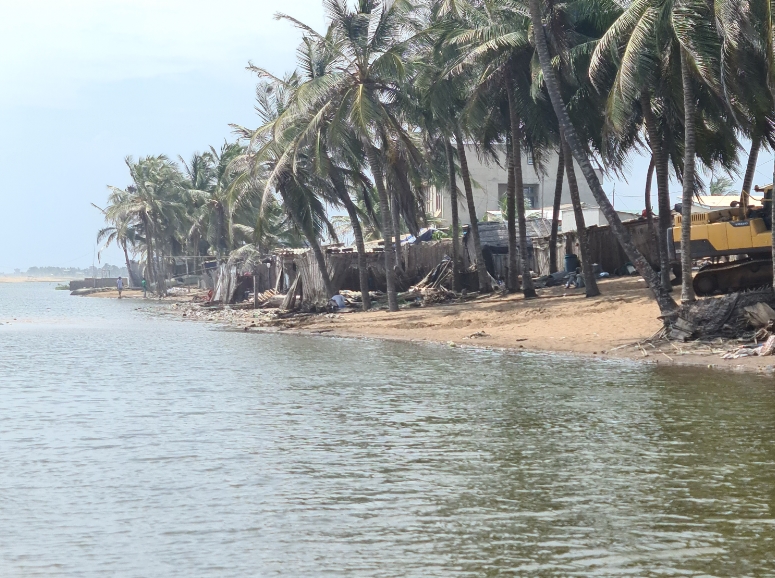Boskalis has been awarded the contract for the protection and replenishment of more than 40 kilometers of coastline stretching from the eastern coastline of Togo to the western coastline of Benin in West Africa. The coastal protection project is part of the West African Coastal Areas Management (WACA) program. The award was made by the governments of Togo and Benin with the financing made available by the World Bank. The contract carries a value of approximately EUR 55 million.

The current coastline has suffered from significant erosion, resulting in coastal retreat that serves as a threat to vital infrastructure and the livelihoods of the local population. Under the project, fifteen new groins will be constructed and six existing groins will be refurbished. A beach replenishment program will also take place using more than one million cubic meters of sand. Furthermore, on the Benin side of the border, a 6.4 million cubic meter sand engine will be constructed. The sand engine concept was co-developed by Boskalis and has been successfully applied in the Netherlands over the past decade. A large volume of sand will be deposited at a strategic location and, over time, the natural motion of wind, waves and currents will spread it eastwards along the coastline. This principle of building with nature will reinforce the coastline in a robust and natural way. The project will start immediately and is expected to be completed late 2023.
The WACA program was developed in partnership with West African communities who live on the coast and depend on it for their livelihoods, nutrition, food security, and prosperity. The program supports several countries’ efforts to improve the management of their shared coastal resources and reduce the natural and man-made risks affecting coastal areas.

Along the west coast of Africa average rates of coastal retreat are between one and two meters per year. However, more serious rates of more than ten meters per year have been observed locally. Coastal erosion has devastating effects, inducing the loss of infrastructure such as roads. It also threatens local populations, who can no longer live close to the coastline which is often linked to their source of income. These challenges are expected to increase due to climate change and sea level rise.
Boskalis’ strategy is aimed at leveraging on the key macro-economic drivers that are fueling global demand in our selected markets: global trade, increasing energy consumption, expanding population pressures and the challenges of changing climate conditions. This coastal protection project is driven by population growth and climate change.